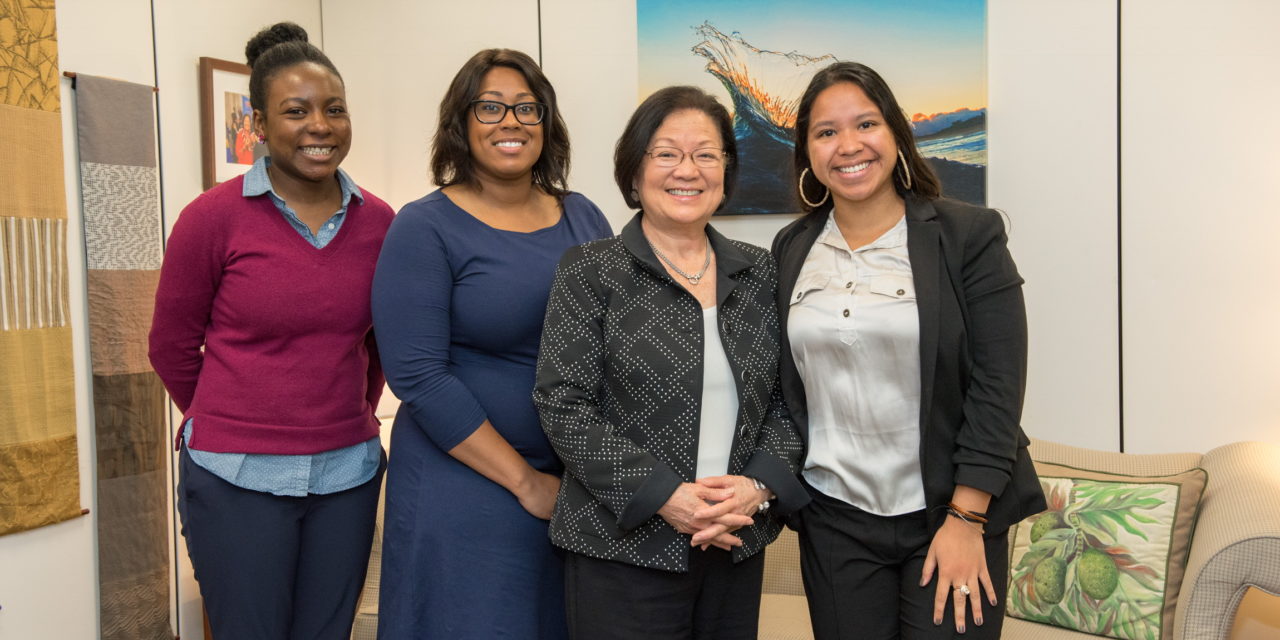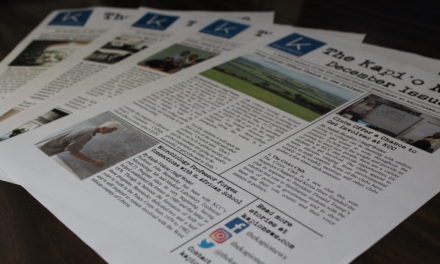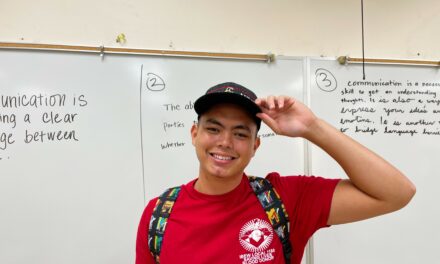By Jana Julian | Staff Writer
From March 4-6, the national organization RESULTS held its REAL Change Policy Summit in Washington, D.C., to advocate for U.S. and global anti-poverty campaigns focused on health, education, and economic opportunity. The organization believes that health and education are directly correlated to poverty, and people must continue to bring these issues to the face of the government to improve quality of life for all people. RESULTS also believes that the most efficient way to accomplish this is to empower everyday people by training and supporting them in learning how to efficiently advise policy makers and guide their decisions on these issues.
This group of REAL Change Fellows consisted of young people between the ages of 18 and 30 who were eager to use their voices to impact political decisions that would bring an end to poverty. One year ago I began my fellowship with RESULTS with the intent of being more politically involved and this past week, we were able to return to Washington D.C. to continue that work. As a part of the RESULTS Honolulu chapter, I was able to go to Capitol Hill and meet with Hawaii’s members of Congress to address how we as a society can bring an end to poverty by protecting and strengthening critical programs such as the Global Partnership for Education, SNAP, and Medicaid. Here in Hawai’i, 1 in 8 people utilizes SNAP and 2 in 5 low-income individuals are using Medicaid so, strengthening these programs is critical to helping members of our communities.
To prepare to take on Capitol Hill, we spent the weeks before scheduling meetings with our members of Congress or their staff so that we could request Congressional support for poverty-focused programs. Our group was able to secure meetings with Hawaiʻi Sen. Mazie Hirono and the staff members of Sen. Brian Schatz and Rep. Tulsi Gabbard. In our meetings, we asked that they sign Dear Colleague letters as a show of support for more funding during the fiscal year 2019 appropriations process. We discussed with them the need for U.S. and global anti-poverty programs and how they help lift millions of people around the world out of poverty.
In preparation for these meetings, RESULTS spent two days making sure we had the tools to relay this information successfully. We were provided with data about the thousands of people that die every day from tuberculosis around the world and the overwhelming numbers of people in the U.S. who are forced into poverty due to not having access to adequate health care or insurance. With this information, we were able to enter our meetings confidently conveying these issues to our members of Congress.
While it was intimidating to go before or members of Congress and their staff, we were reminded that as constituents, Congress works for us and their duty is to listen. Having face to face meetings with everyday people, like students, are extremely important because it is the most influential way to communicate with members of Congress and their staff. Making sure to follow up with staff helps them to remember you and your issues. These meetings are not just about policy, but building relationships with the people who are shaping it.






